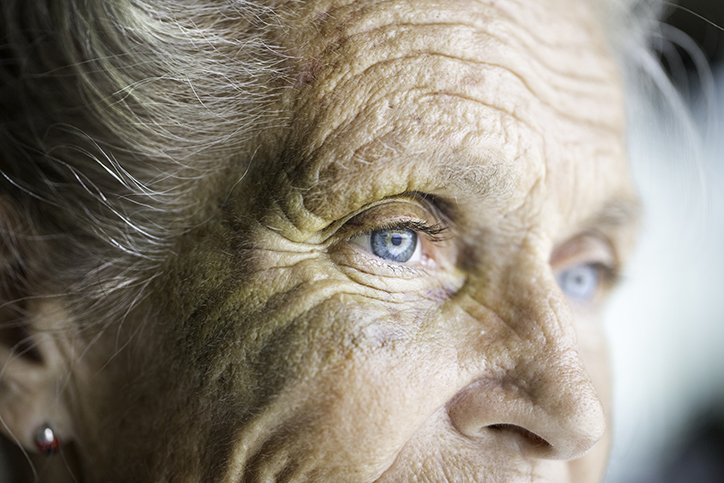There are many changes that occur as senior loved ones age, but senior bruising can be particularly concerning for family members. It is vital to talk to the person’s health care provider whenever there is a health problem, but it is also important to understand that senior bruising is actually rather common, a result of the loss of fat and the thinning of the skin that is natural in the aging process. Even a minor bump to older skin can cause much more pronounced bruising when compared to younger skin.
Happier Home Care recommends the following tips to help lessen the risks for bruises, and to help heal bruises when they do occur:
How Can I Help Prevent Senior Bruising?
- Encourage your family member to wear long sleeves and pants when undertaking activities that might result in an injury to the skin, such as gardening or housework.
- Assess the safety of the person’s home and property, making sure there are wide walking paths clear of objects the person might trip over or bump into. Happier Home Care can help assess the person’s home for safety risks as well.
- Ensure that the person’s diet contains plenty of vitamin C, which plays an essential role in collagen production.
- If the senior is a smoker, provide support to help them quit. Smoking lessens the production of collagen, which can lead to easier senior bruising.
- Find out if the senior takes any of the medicines listed below, as they can raise the risk of bruising (NOTE: Never stop any medication without the doctor’s approval):
- Aspirin
- Corticosteroids
- Anticoagulants (coumadin, heparin)
- Antiplatelet medications
- NSAIDs (Advil, Aleve, and ibuprofen)
How Can I Help Heal Bruising on Senior Loved Ones?
- If feasible, elevate the bruised area.
- Put a cold compress over the bruise for 20 minutes to decrease the blood flow to the bruise. This can help minimize the size of the bruise as well as reduce swelling.
- Use a compression bandage to help minimize swelling.
Be sure to seek immediate medical help for any bruises that arise for no obvious reason, especially if the person has started taking a new medication or if bleeding occurs in other parts of the body, like the nose or gums.
Happier Home Care’s professional caregiving team has years of experience in a wide range of in-home care services and can help in a variety of ways, including senior skin needs, such as:
- Baths/showers and moisturizing
- Assistance with walking to help prevent falls and other injuries
- Checking the skin for bruises or other changes
- And more
Call us today at 818-651-6679, or contact us online for more skin care tips for older adults and to learn more about our Burbank home care services and care throughout the nearby areas.
